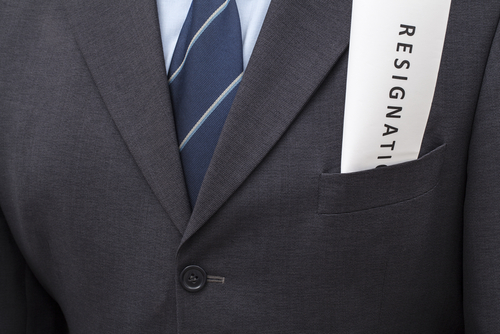Lawyer's social media posts about shooting protesters are protected by First Amendment, bar court judge rules

A lawyer’s social media posts calling for the shooting of Black Lives Matter protesters were “unbecoming of an attorney,” but they were protected by the First Amendment, a California bar court judge has ruled. Image from Shutterstock.
A lawyer’s social media posts calling for the shooting of Black Lives Matter protesters were "unbecoming of an attorney," but they were protected by the First Amendment, a California bar court judge has ruled.
Most of California lawyer Marla Anne Brown’s posts about shooting protesters and burning down the home of an MSNBC anchor were “an expression of a provocative opinion, not a directive,” California Bar Judge Dennis G. Saab ruled in an Oct. 3 opinion tossing the ethics charges.
The only post that could arguably be seen as a directive was, “Shoot the protesters,” Saab said. It was a reply to a post warning protesters that police were on their way to a particular intersection.
But the State Bar of California’s Office of Chief Trial Counsel did not establish that the post was directed at any particular person, or that it was seen by anyone in the area, Saab said. None of Brown’s followers were police officers, police departments or police unions.
Nor did bar prosecutors establish that Brown intended to incite imminent lawless action, or that such action was likely to happen, Saab said.
According to Saab, the Office of Chief Trial Counsel essentially contended that attorney speech is a separate category of speech entitled to lesser constitutional protections, regardless of whether it is communicated in a lawyer’s professional capacity or related to the practice of law.
“The court does not agree, finding that the full protections of the First Amendment apply—particularly where, as here, [Brown’s] speech was communicated in her capacity as a private citizen, was used to express her personal thoughts, emotions or ideas, and was completely unrelated to the practice of law,” Saab said.
Brown made the comments on her personal X account, formerly known as Twitter, during Los Angeles rioting near her home. She revealed that she was a lawyer on her biography page.
Brown had told the bar court that her posts were an expression of anger, fear and frustration about the violence taking place around her. She did not use any X feature to enhance her posts, and later expressed regret when she learned that her comments had upset people.
“In view of the totality of the circumstances,” Saab wrote, “the court finds that there is not clear and convincing evidence that [Brown] intended for her words to incite imminent lawless action. Rather, the evidence tends to show that [Brown’s] speech was an ill-advised and careless expression of her thoughts and emotions in response to her perceived experience.”
Saab also tossed an ethics charge related to Brown’s biography, which had described her as an “LAPD union attorney.” The Office of Chief Trial Counsel had alleged that the claim was a material misrepresentation. Saab said there is no such thing as an “LAPD union,” but Brown had represented law enforcement unions and officers in the past. As a result, there was no clear and convincing evidence of a material misrepresentation, Saab said.
Law360 covered the decision and obtained comments from lawyers in the ethics case.
Chief trial counsel George Cardona told Law360 in a statement that his office will review the court’s opinion and the underlying evidence to determine whether to seek review.
Cardona said the court had agreed with his office that posts such as “Shoot the protesters” and “Let’s go burn your house down with you in it” were unbecoming of a lawyer. But the decision “differs significantly” from his office’s views on the intent and potential effect of the posts, Cardona said.
Krista L. Baughman of Dhillon Law Group Inc. was one of the lawyers representing Brown. She told Law360 in a statement that the decision is a victory for her client and “for all California attorneys who wish to exercise their free speech rights without fear of punishment.”
“We are pleased that Ms. Brown may now return to the practice of law with her unblemished record intact,” Baughman said.
Write a letter to the editor, share a story tip or update, or report an error.



